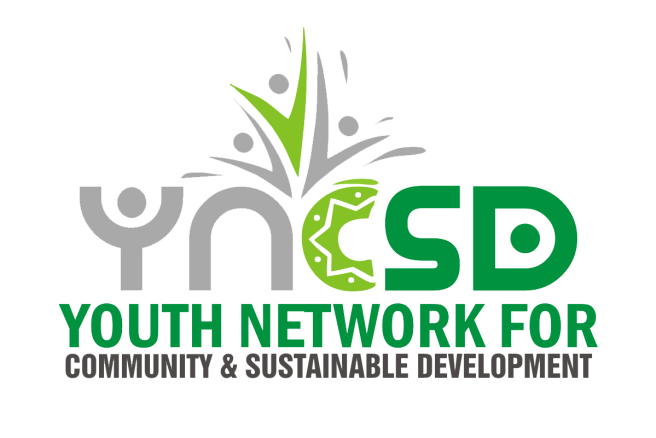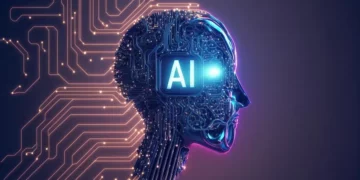A group, Youth Network for Community and Sustainable Development (YNCSD) has charged stakeholders to focus on Sexual and Reproductive Health Rights (SRHR) in Nigeria.
It believes that prioritising sexual issues will positively impact society by providing crucial information to the public and advancing efforts towards the Sustainable Development Goals (SDGs) related to sexual and reproductive health.
The group’s communication and advocacy officer, Joan Obeta, in a statement made available to LEADERSHIP Sunday stressed the importance of mainstreaming harmonised SRHR information.
At a recent workshop, Obeta emphasised that accurate information on self-managed pregnancy termination is vital for informed decision-making about sexuality.
The workshop, themed: “Force of Stories,” brought together creators, artists, poets, writers, and media professionals to address information gaps and debunk myths about safe pregnancy termination. Obeta explained that the workshop aimed to use storytelling to reduce maternal mortality and morbidity from unsafe abortions and to clarify misconceptions about contraceptives.
“This initiative is a crucial part of the ‘Tobasewo’ campaign under the Pamoja Project,” Obeta said, adding that “It reflects YNCSD’s dedication to using strategic communication for effective SRHR advocacy and fostering a society where young people are empowered to make informed decisions about their health.”
Obeta also called on government agencies, healthcare providers, and civil society organizations to support comprehensive SRHR education and access to safe abortion services.
“Together, we can build a healthier, more equitable future for everyone,” she stated.
A participant Fasasi Sodiq from National Youths Inclusive Initiatives (NYII) praised the event, noting his newfound understanding of Nigeria’s abortion laws and the Maputo Protocol.
“The workshop clarified many myths surrounding abortion,” he said.
A lawyer and freelancer Basitot Akintunde also valued the workshop, emphasising the need for greater advocacy.
“Accessible education will help people approach abortion in a safer, more informed way, without shame or stigma,” she added.
We’ve got the edge. Get real-time reports, breaking scoops, and exclusive angles delivered straight to your phone. Don’t settle for stale news. Join LEADERSHIP NEWS on WhatsApp for 24/7 updates →
Join Our WhatsApp Channel










